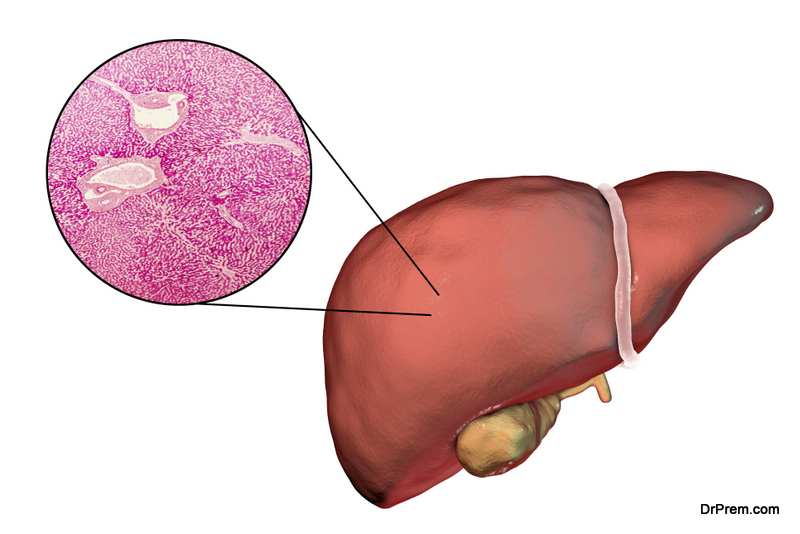Giving birth is an experience which cannot be compared to any other experience. Women have been lucky to be the ones to bring a new life into this world. Through the ages, there have been many birthing traditions associated with giving birth, which are considered to be beneficial for both mother and child. These customs and rituals continue to take place in many countries, and every region or country has its own unique custom. Take a look at some intriguing birthing traditions from around the world.
Home birthing – Netherlands
Dutch women prefer giving birth at home, even now, as they believe children should be born surrounded by family. They feel that childbirth is a natural process, and not an aberration, which requires them to go to a hospital.
Lohusa Serbeti – Turkey
Turkish mothers drink the Lohusa Serbeti, which is a special beverage made out of sugar, cinnamon and red food color. After the mother is served, it is then enjoyed by guests who come to visit the infant and mother.
The Mutterpass – Germany
Mutterpass is a small booklet which is given to would be mothers when they visit their doctor for the first prenatal visit. Mothers have to bring this pass to all their appointments till they give birth. It helps in keeping all her doctors informed about her condition and in avoiding any potential threat to her health.
First bath – Nigeria
Omugwo is the name of the tradition, which involves postpartum care in Nigeria. The grandmother is the one to give the first bath to the baby, and if she’s not around, then a close friend or aunt steps in. This little gesture reassures the mother that she is not alone, and will be helped by her community, in rearing her child.
Ansei- Japan
The mother is truly pampered in Japan, as she rests completely at her parents’ home, 3-4 weeks after giving birth. She devotes all her time to bond with the baby and for her own healing. This act of doing household chores or duties by Japanese women is called ‘ansei’.
Placenta burying – Bali
‘Ari-ari’ or the placenta is sacred to the Balinese, because it nourishes the baby in the mother’s womb. After delivery, the father immediately collects the placenta and cleans it. It is then buried outside their home in a coconut shell decorated with flowers, and covered with a cloth. The baby is supposed to be blessed with good luck due to this custom.
Aqiqah-Pakistan
In Pakistan and many Islamic nations, newborns are named at a ceremony called ‘aqiqah’. 7th, 14th and 21st day after the baby’s birth are considered to be auspicious, when the baby’s head is shorn of hair and one animal is sacrificed on the baby’s behalf.
No knitting – Bolivia
Pregnant women in Bolivia are not allowed to knit due to the belief that it might cause the umbilical cord to be wrapped around the neck of the baby.
Brit Milah – Israel
This is the ceremony when Jewish baby boys have to be named and circumcised, eight days after their birth. This ancient practice is followed by Jews all around the world, which is held during morning prayers and followed by a feast.
Baby blanket – United States
This is comparatively new tradition, as noticed by a US journalist. She noticed that hospitals around the US were replacing drab, brown baby blankets with one called the Kuddle-up. Some hospitals use different patterns, but the baby blanket is a symbol of birth in the US.
Giving gifts – Brazil
Usually, people visiting a new mother bring gifts for her and the baby. But in Brazil, new moms would give you a gift, when you visit her.
Godh Bharai – India
After seven months of pregnancy, Indians celebrate the unborn baby and the pregnancy with prayers, gifts and a lavish feast. This tradition is called ‘Godh-Bharai’, and it is practiced in all regions of India, though the month of pregnancy might differ.
La Cuarentena – Latin America
Mothers in Latin America choose to abstain from certain foods, sex and strenuous activity during the first six weeks after giving birth. Family members help with household chores, and the mother concentrates on breastfeeding and caring for the baby.
Birthing traditions have survived through many centuries as they are for the benefit of the baby and mother, physically and emotionally. These traditions reassure new mothers and help them in coping with motherhood.









